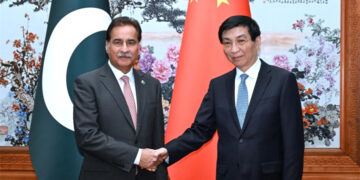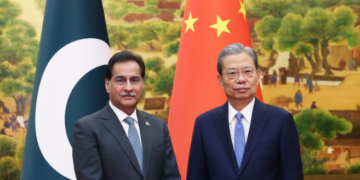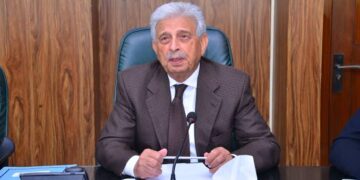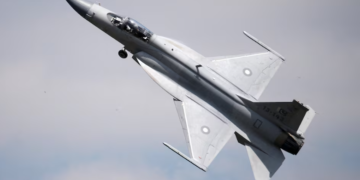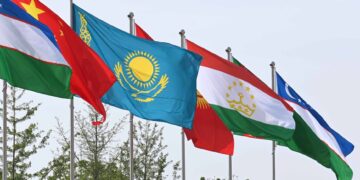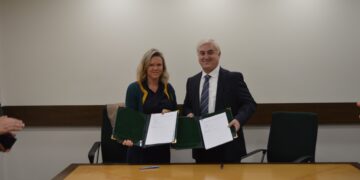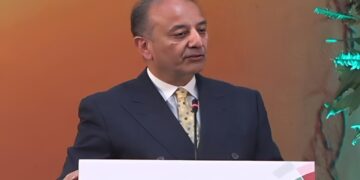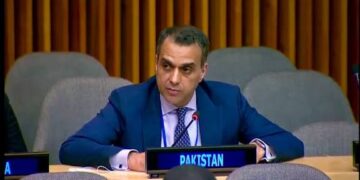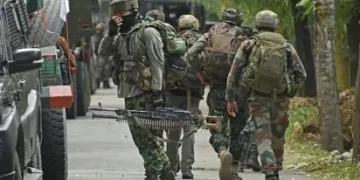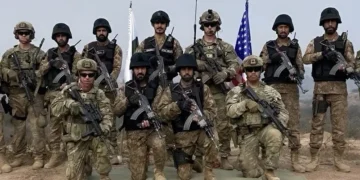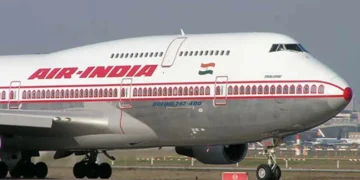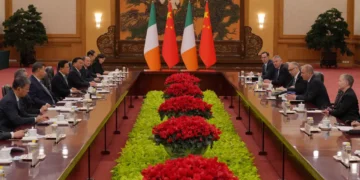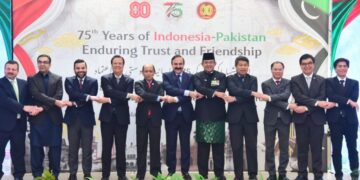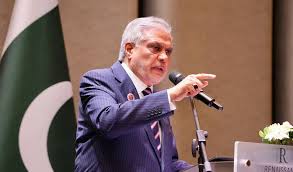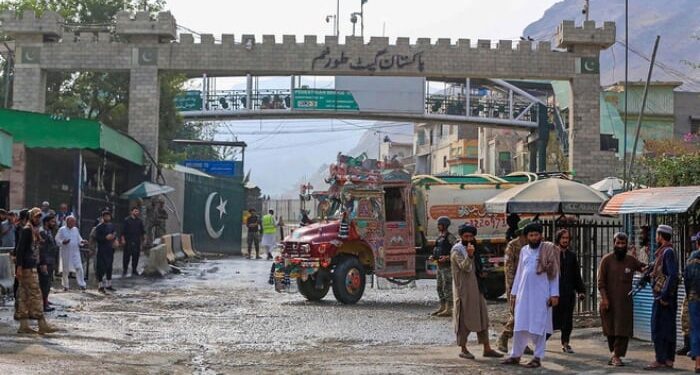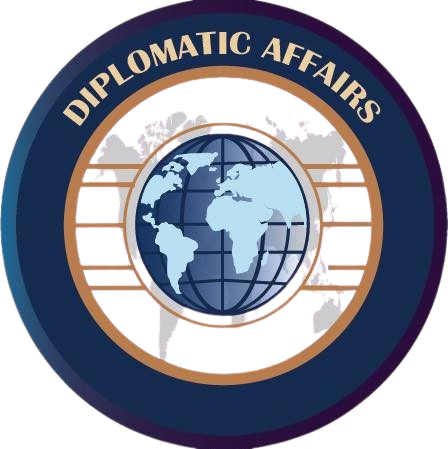Web Desk; The border between Pakistan and Afghanistan is likely to reopen within the next 24 to 48 hours following an understanding reached between officials from both sides, sources told Geo News on Monday.
The development comes a day after the two neighbouring countries agreed to a ceasefire following a week of deadly border clashes.
According to official sources, the reopening is contingent on no further disputes emerging. Pakistan had closed the Torkham and Chaman crossings on October 12 after the Afghan Taliban, alongside affiliated militants, attacked multiple Pakistani military posts along the frontier.
The clashes, which began on the night between October 11 and 12, resulted in the martyrdom of 23 Pakistani soldiers, while more than 200 Taliban fighters and their affiliates were reported killed, according to the Inter-Services Public Relations (ISPR).
Pakistan later carried out precision strikes deep inside Afghan territory, targeting terrorist hideouts in Kandahar and Kabul.
At Afghanistan’s request, a temporary 48-hour ceasefire was declared on October 15, which was later extended as delegations from both countries travelled to Doha, Qatar, for negotiations.
On Sunday, Pakistan and Afghanistan reached an immediate ceasefire agreement, mediated by Qatar, with another round of talks scheduled in Istanbul, Turkiye, on October 25.
Defence Minister Khawaja Muhammad Asif confirmed the ceasefire deal, stating that both sides would now work on detailed mechanisms to prevent future escalations. Afghan Taliban spokesperson Zabihullah Mujahid also acknowledged the development, confirming that both sides had agreed on a “complete and meaningful ceasefire.”
In an interview with Al-Jazeera Arabic, Asif said that both governments recognised terrorism as the main cause of the ongoing tensions. He added that the primary objective of the ceasefire was to eliminate terrorism, which had long plagued the border areas.
The minister emphasised that failure to address terrorism could pose serious threats to regional peace but expressed hope that relations between Islamabad and Kabul would now stabilise.
He further noted that the resumption of peace would lead to the revival of trade and transit routes, enabling Afghanistan to once again access Pakistani ports.
Meanwhile, residents living along the frontier expressed relief over the ceasefire, hoping it would bring stability and reopen vital trade routes. Locals reported that life had started returning to normal as shops reopened and markets resumed limited activity.
A shopkeeper from Baizai, Sadiq Shah, said people finally felt at ease after days of gunfire. “It’s incredible—both sides are Muslim, both are Pashtuns. Why should we fight each other?” he said. “Trade once flourished here, but now we are shooting across the border. What purpose does it serve?”
According to customs officials in Peshawar, over 1,500 trucks and containers carrying essential goods, including food, medicine, and cement, remain stranded at Torkham.
Taliban Economy Ministry spokesman Abdul Rahman Habib said that perishable goods were rotting due to the closure, warning that continued disruption could drive up prices and unemployment. “Trade relations should be separate from political issues,” he added.


